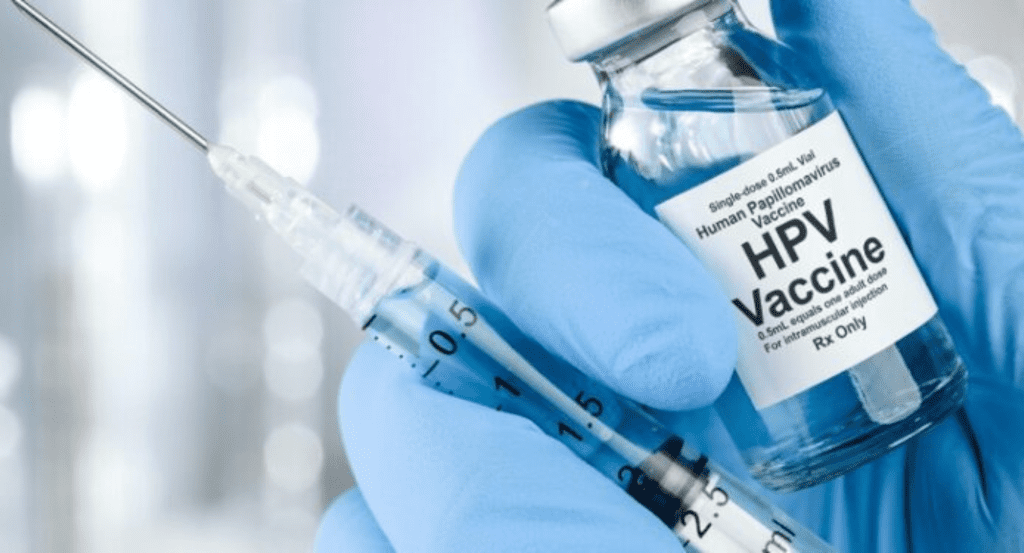Nigeria has recorded significant progress in its Human Papillomavirus (HPV) vaccination campaign, with Anambra and Nasarawa states achieving impressive immunization numbers among adolescent girls. The nationwide rollout aims to protect young girls from HPV, a leading cause of cervical cancer, and marks a major step forward in the country’s public health initiatives.
In Anambra State, a total of 380,671 girls have been vaccinated against HPV, while 95,993 remain unvaccinated, according to data released by the state’s Ministry of Health. The government is intensifying efforts to close this gap through stakeholder engagement and community mobilization. A recent meeting in Awka brought together healthcare workers, traditional leaders, and civil society groups to strategize on addressing vaccine hesitancy and logistical challenges.
Similarly, Nasarawa State has reported over 200,000 girls immunized during its HPV vaccination drive. Officials credited the success to extensive awareness campaigns and the active involvement of local leaders. The state’s health commissioner highlighted the importance of community-level participation in reaching underserved populations.
The HPV vaccine protects against strains of the virus that cause up to 70% of cervical cancer cases. Nigeria’s adoption of this vaccine is part of a global initiative to eliminate cervical cancer as a public health threat. The World Health Organization (WHO) recommends that girls aged 9 to 14 years receive the vaccine before they become sexually active, ensuring optimal protection.
Challenges persist, particularly in rural areas where access to healthcare facilities is limited. Vaccine hesitancy due to misinformation also remains a barrier. However, health authorities and non-governmental organizations are working to address these issues through targeted campaigns and partnerships.
Dr. Osagie Ehanire, Nigeria’s Minister of Health, commended the progress made so far and reiterated the government’s commitment to achieving nationwide coverage. He emphasized that eliminating cervical cancer aligns with Nigeria’s broader goal of improving maternal and child health outcomes.
The HPV vaccination campaign in Nigeria reflects a broader effort to strengthen the country’s immunization programs and promote preventive healthcare. Stakeholders are optimistic that sustained efforts will lead to a significant reduction in cervical cancer cases, safeguarding the health of future generations.























